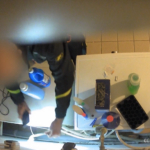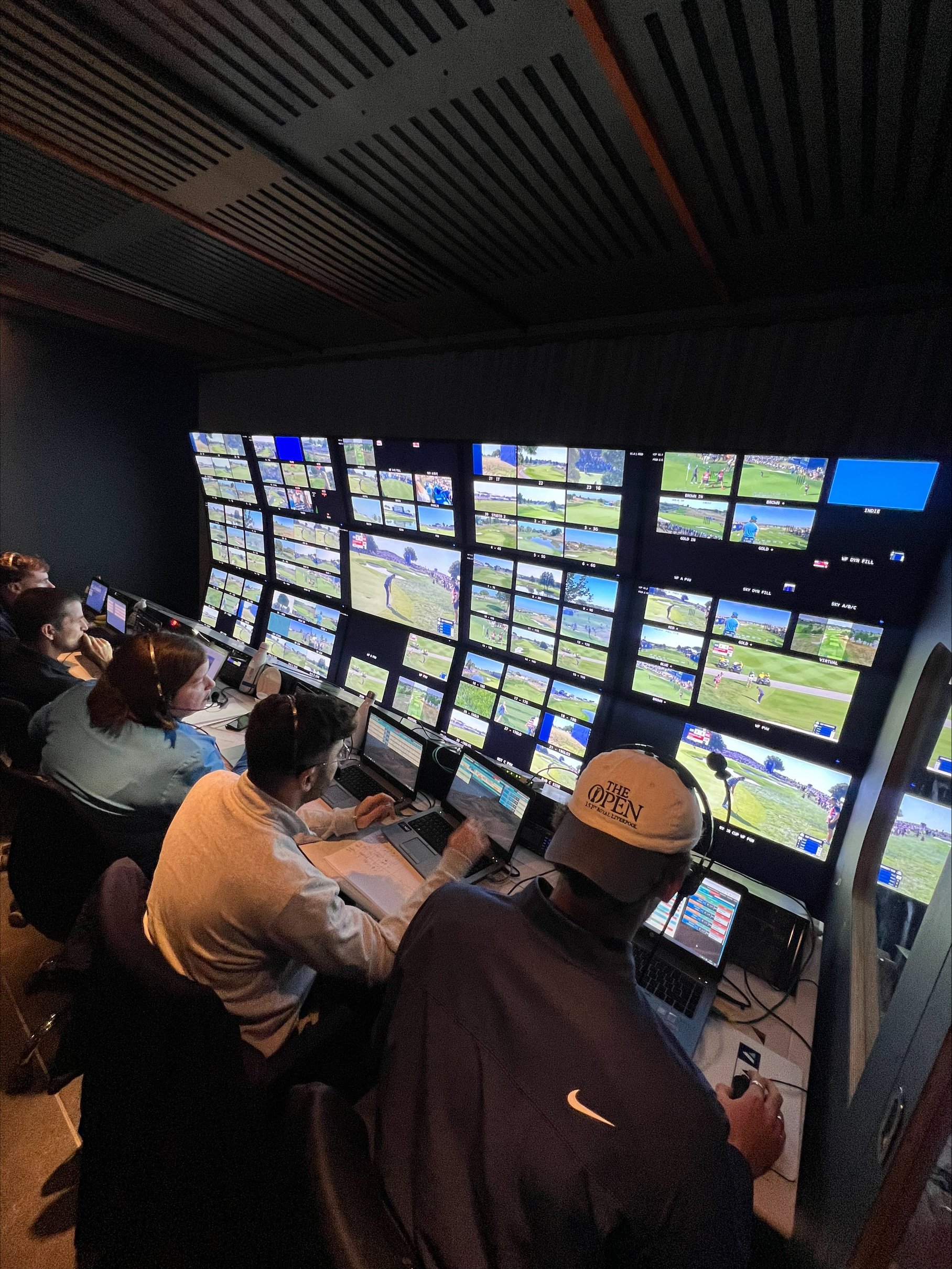Verso Live’s market-leading broadcast graphics software was used to produce all the graphics for the recent 44th Ryder Cup.
Verso Live received numerous software updates ahead of the tournament, and its parent company MST SYSTEMS, redesigned the on-screen graphics and leveraged the power of Unreal Engine 5 to inform and engage viewers like never before.
MST has already used Verso Live on DP World Tour events, but this was its first appearance at the Ryder Cup.
It served as the graphics platform across the entire tournament, from the All-Star matches that started on 27 September, through to the main tournament that ran from 29 September–1 October in Italy.
One of its key innovations is making the Unreal Engine realtime 3D environment fit in with established broadcast workflows, providing artists and designers with the best graphics capabilities while ensuring seamless operation in a live broadcast setting.
“This year’s Ryder Cup graphics package design and build was completely new,” says Jeff Clark, Managing Director, Verso Live.
“MST SYSTEMS worked across the original graphics design, whilst Verso Live worked closely with its team to assist in the build of graphics in Unreal Engine.
“All graphics were created in the native Unreal Engine editor using user widgets, after which they were loaded into Verso Live for data integration, control and playout.”
The last time the core technology behind the tournament’s graphics was changed was in 2012, and the use of Verso Live on the Ryder Cup enabled several innovations.
New for 2023 was the constant leaderboard. Whilst this has been used previously on strokeplay tournaments, the unique team matchplay format for the Ryder Cup works very differently.
This graphic was on-screen at all times, providing information on the state of all matches.
It could also transform to show additional information such as individual pairings information, match headshot graphics, or shrink to show only concise match information.
Clark adds: “A new update in Verso Live, motivated by The Ryder Cup, is our “state” system – this is where graphics artists are able to query the state of all graphics in Verso through Unreal Engine blueprints.
“It facilitates different animation states depending on what graphics are on-air,”
The team also worked closely with Capgemini to ingest its “Outcome IQ” probability data model. This provided real-time updates on the probabilities of winning each hole, match, session, and the cup itself.
Outcome IQ also identified shots and holes that created the biggest swing in the match outlook, which was then fed to the graphic team to visualise on screen.
“Graphics channels can now be thought of as virtualised channels that can be combined into a single output KEY/FILL, or split over multiple KEY/FILLS, depending on requirements,” says Clark.
“Graphics operators and production still receive their dedicated preview feed of each graphics channel, with final outputs kept separate or combined where appropriate.
“But what were previously separate graphics channels for the Ryder Cup have been rationalised into fewer physical servers.”
David Mould, Director, European Tour, added: “I have a long-standing relationship with MST SYSTEMS that goes back over 20 years.
“The deployment of Verso Live enabled us to put the viewer at the forefront of coverage to ensure no matter what match was being featured on screen, viewers could still have visibility across the scores of all matches, adding to the viewer’s experience and excitement.
“The reaction online from fans to the new look was fantastic and we’re pleased we chose MST SYSTEMS and Verso Live to make this possible.”






